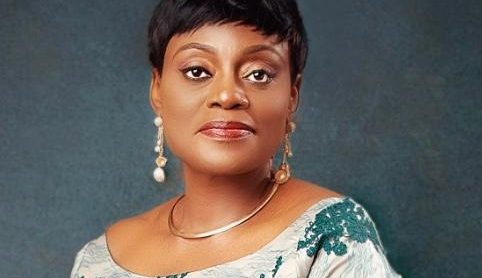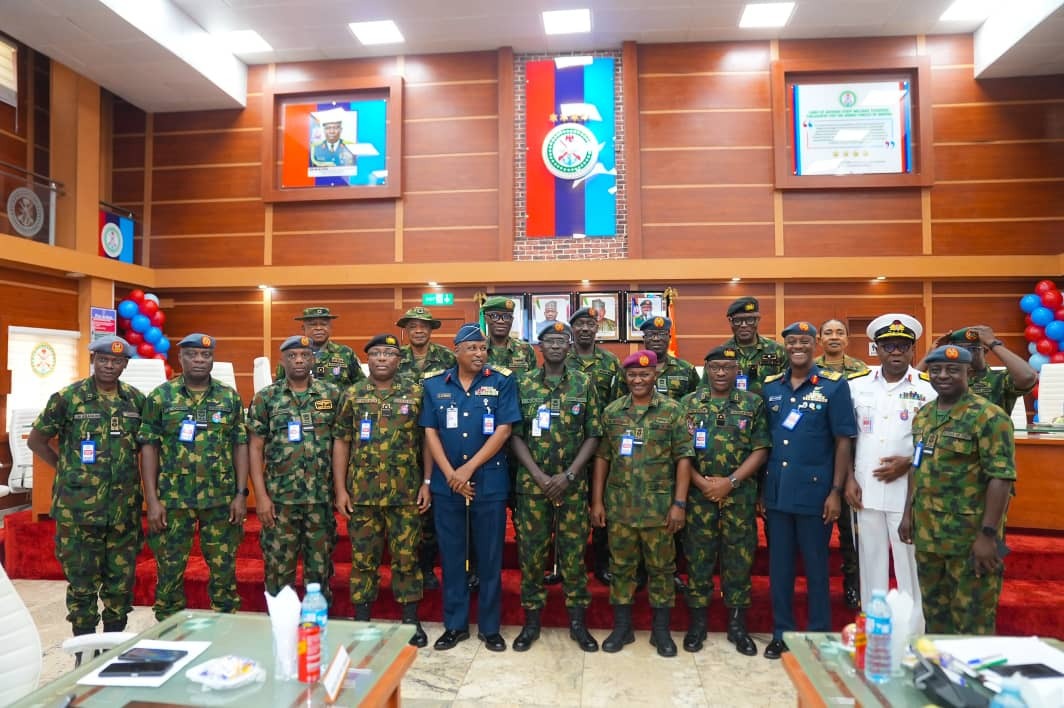
*Urges public to vote credible candidates
With only ten percent women candidates contesting for positions coming in the coming elections, Boabab for Women’s Human Rights, (BWR) has said the call for an increased representation of women in leadership positions will remain a mirage due to several militating factors against them.
Executive Director of the Non-Governmental Organisation, (NGO), Bunmi Dipo-Salami, lamented that even though women totalled 44, 414, 846 of the 93, 469, 008 citizens eligible to vote in the elections according to the Independent National Electoral Commission, (INEC), only 10 percent of the candidates are female.
She said “Only one (1) out of eighteen (18) presidential candidates is a woman, and not a single woman is being fielded as a vice presidential candidate. Similarly, women constitute only 6 percent of the 416 candidates contesting for governorship across the 36 states.
In a communique, Dipo-Salami noted that “Only 8.4% of the 1, 101 candidates gunning for senatorial seats are women, and of the 3122 candidates contesting for seats at the House of Representatives, only 288 are women. At the level of the sub-national legislatures, only 1,046 out of the 10,225 candidates are women.”
She pointed that “This current situation is far worse than what we had in previous elections and this decline gives us grave concern at Baobab for Women’s Human Rights (BAOBAB). This is because the poor representation of women in elected offices, which is both a cause and effect of persistent inequality and discrimination against women, exacerbates the silent pandemic of gender-based violence, the continuous relegation of women to the background, the lack of support for the implementation of laws that favour women and girls and the feminisation of poverty, among others.
The group said even though Nigerian women cannot turn back the hands of the clock, “We must make a statement with the elections by being strategic and deliberate in choosing candidates with a track record of making room for the intelligent, strong and dynamic women at the table.
“We enjoin women and of course our male allies to vote for those who have the interest of women and girls at heart, those who understand the issues and struggles of women and those who have shown concern in addressing these issues over the years.
“As we all know, politics is a game of numbers and records have shown that more women vote during elections. While you cast your vote remember that we need to bring in competent, capable, and compassionate leaders, whether male or female, who will prioritise women’s development for the benefit of the nation because gender-aware candidates will change the negative narrative on gender equality and February 25 and March 11 present us with another opportunity to make this happen. “
She urged all to remember the various campaign promises made by all the candidates and identify those candidates who have included the needs of women in their manifestos and also proven well how these needs can be met.
She said “We must also recall the antecedents of those of them to whom we had given our mandate in the past and assess how women and girls fared under their watch therefore as you go to cast your votes for your preferred candidates, look out for those with plans of appointive positions for women; candidates who have transformative plans for the education of the girl-child; those who will prioritise good quality and affordable healthcare for women and girls; candidates that will fight against all forms of gender-based violence; candidates that can take Nigerian women out of poverty so as to enable them to live meaningfully in the society.






